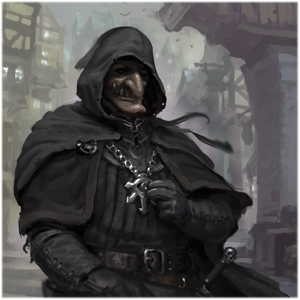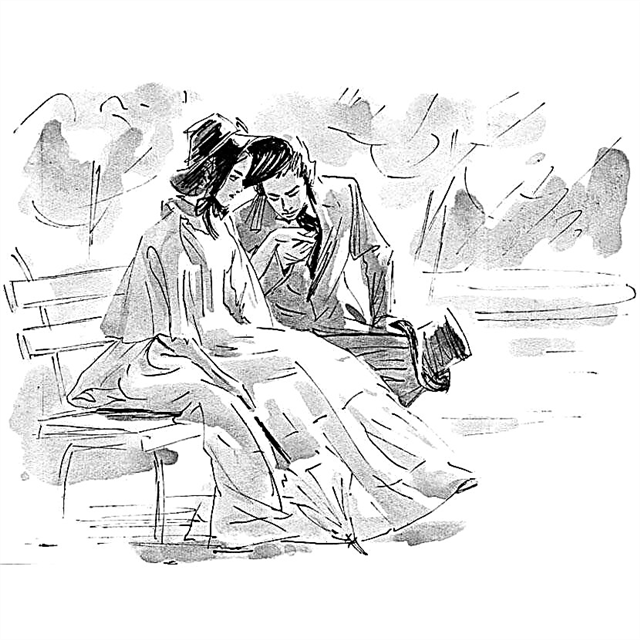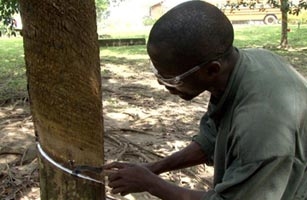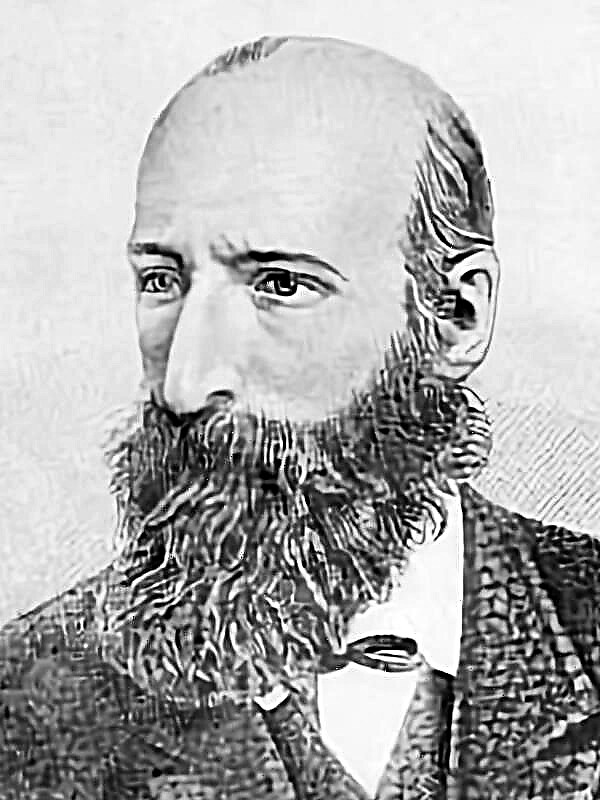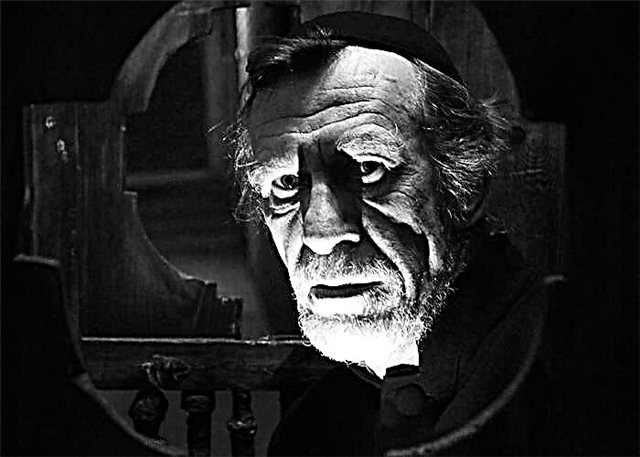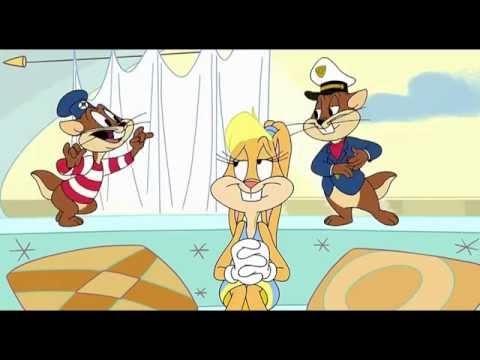: 1940 year. A ninth grader from a small town becomes the daughter of an enemy of the people. She is going to be expelled from the Komsomol, and the girl commits suicide. After some time, her father is released.
Prologue
The author recalls the 9th “B” class in which he once studied. In memory of his classmates, he only had an old, blurry photo around the edges, to be taken by activist Iskra Polyakova. Of the entire class, only nineteen people survived to old age. In addition to the author and Iskra, the company included the athlete Pasha Ostapchuk, the eternal inventor Valka Alexandrov, nicknamed Edison, the frivolous Zinochka Kovalenko and the timid Helen Bokova. Most often, the company gathered at Zinochka. The spark always said something, read aloud, and Valka invented devices that, as a rule, did not work.
The guys were dismissive of quiet Zinochkin’s father until one day in the bathhouse they saw his back covered with scars - “a blue-purple autograph of the civil war”. And the mother of Iskra, comrade Polyakova, who walked in boots and a leather jacket, was a little afraid and did not understand that she had the same scars on her soul as on Zinochkin’s father’s back. In the story, the author returns to those naive dreamers.
Chapter one
This fall, Zinochka Kovalenko first realized herself as a woman. Taking advantage of the absence of her parents, she grievedly looked at her mature breasts, too thin hips and legs with disproportionately thin ankles in the mirror, when Iskra Polyakova rang the doorbell. Zinochka was a little afraid of her strict friend, “the conscience of the class”, although she was a year older. Iskra’s idol was her mother, the unyielding commissar comrade Polyakova, with whom the girl always took an example. Only recently did she realize that her mother was deeply unhappy and lonely. One night, Spark saw her mother cry, for which she was busted with a wide soldier's belt. An unusual name was awarded to the girl by a father whom she did not remember. As a commissar, he turned out to be a “weak man,” and his mother “with the usual ruthlessness” burned his photographs in the stove.
Spark came to Zinochka with the message that Sasha Stameskin would no longer attend school. Now, school classes had to be paid for, but Sashkin’s mother, who had raised a son without a father, did not have money for this. Stameskin was a personal achievement and conquest of the Spark. A year ago, he led the free life of a bully and a loser. Having exhausted the patience of the teachers' council, he expected to gain complete freedom when a spark appeared on its horizon. She just joined the Komsomol and decided that her first Komsomol feat would be the re-education of Stameskin.
Arriving for the first time at his house, Spark saw beautiful drawings of airplanes. The girl said that such planes would not fly, Stameskin was hurt, and he became interested in mathematics and physics. But Spark was a sober girl. She foresaw that Sasha would soon get tired of all this, so she took him to the aviation circle of the Palace of Pioneers. Now Sasha had something to lose, he took up his studies and abandoned his former friends. And now, Stameskin, who became a good student, was forced to leave school.
Zinochka found a way out. She offered to arrange Stameskin at an aircraft factory, where there was an evening school. Vika Lyuberetskaya, daughter of the chief engineer of the aircraft factory, who was sitting at the same desk with Zinochka, could help in this. Vika was very beautiful and a little arrogant. She had already turned into a woman and was aware of this. The spark eschewed a classmate.For her, this chicly dressed girl, who came to school in a company car, was a creature from another world, which should have experienced ironic regret. Zina undertook to settle this matter. On the first of September, Vika went to Iskra and announced that Stameskin would be arranged for the factory.
Chapter two
Artyom Schaefer read a lot and was involved in athletics. Only one strangeness prevented him from becoming an excellent pupil - he “badly spoke” and could not answer oral objects. It began in the fifth grade, when Artyom accidentally broke a microscope, and Zinochka took the blame. Since then, under Zina’s gaze, the boy’s tongue has hardened - it was love. Artyom’s terrible secret was known only to Zhorka Landys’s best friend, who was unrequitedly in love with Vika Lyuberetskaya.
Having worked all summer as a laborer, Artyom decided to spend his first earnings on the celebration of his sixteenth birthday. On the second Sunday of September, Artyom gathered a noisy company led by Spark. The guys danced, played forfeits, and then began to read poetry. And then Vika read several poems of the almost forgotten "decadent" poet Sergei Yesenin. Even Iskra liked the poems, and Vika gave her a tattered volume to read.
Chapter three
The multi-storey school in which the children studied was recently built. Initially, the duties of the director were performed by class 7 “B” Valentina Andronovna, nicknamed Valendra. She arranged the classes in increasing order, and the school became like a layer cake - “each floor lived a life of its own age”, no one ran down the stairs and rode on the railing. Six months later, Valendru was replaced by Nikolai Grigoryevich Romakhin, the former commander of the cavalry corps. The first thing he did was mix the classes and hang mirrors in the women's restrooms. The school rang with children's voices and laughter, and the girls got bows and fashionable bangs. The whole school adored the principal and could not stand Valendra. Her innovations of Romakhin were angry - they were contrary to the ideas of Valentina Andronovna about raising children. She began a struggle with the director, for any reason, writing letters "where to."
About the fact that Yesenin was reading at the birthday party, Zalechka let slip to Valendre - a classy teacher caught her in front of the mirror and frightened her. Having learned from Iskra that Vika was reading poetry, Valentina Andronovna retreated: in the city of Lyubertsy they respected him very much. Spark decided to tell Vika about this, and after school, her friends went to the Lyubertsy.
Vika's mother died long ago, and Leonid Sergeyevich Lyuberetsky raised his daughter alone. He always worried about Vika, and therefore she took great care of her and spoiled her. Vika was very proud of her father. Despite numerous gifts, imported clothes and a company car, Vika was a smart and decent girl. She lived very closed - her father’s position created a wall between her and classmates. On that day, girls from the class visited her for the first time, and Leonid Sergeyevich was glad that her daughter still had friends.
Spark and Zinochka first appeared in such a beautiful house. They were given tea and served delicious cakes. It turned out that Lyuberetsky was familiar with Comrade Polyakova - they fought in the water division in the civilian. Iskra had been thinking about the conversation with Leonid Sergeyevich for several days. She was particularly struck by the thought that “truth should not turn into dogma, it must always be tested for strength and expediency,” because Iskra’s mother believed in the immutable truth embodied in the Soviet idea, and was ready to defend it until the last breath.
Chapter Four
At the beginning of each school year, Zinochka determined who she would be in love with. She needed not to like her “object”, but herself to suffer from jealousy and dream of reciprocity. This year, falling in love did not work. Zinochka was confused for some time, but soon realized that she herself had become an “object”. She quickly calmed down, but then two tenth graders appeared on the horizon, one of whom, Jura, was considered the most beautiful boy in school.Zinochka wasn’t able to make decisions - Spark always decided for her, but asking her friend whom to fall in love with was unthinkable. They could not help at home either: the sisters were much older than Zinochka, and the parents were always busy. And Zinochka found a way out herself. She wrote three identical letters with a vague promise of friendship, differing only in appeals, and began to think which of the three admirers to send the letter to.
After three days of reflection, Zinochka lost two letters, but one of them fell into the hands of Valentina Andronovna. Triumphing, she took the letter to the director, hoping that he would get Zinochka out of action at the general meeting, but Nikolai Grigoryevich laughed and burned the "evidence". The enraged Valendra decided to openly defend what she sincerely considered Soviet methods of education.
The spark released the girlfriend out of control - she was preoccupied with herself. Working at the aircraft factory, Sasha Stameskin matured noticeably, he developed his own judgments and a special attitude to Iskra. Once, while walking in the park, they kissed, and this kiss became "a mighty push of the forces that had already come into motion." The spark began to grow up, and it was drawn not to the frivolous Zinochka, but to the self-confident Vika, who had already crossed this difficult line. Soon she again visited the Lyubertsy, talked with Vika about women's happiness, and with Leonid Sergeyevich - about the presumption of innocence. Vika told the girl that she could not love her, because she was a maximalist. Spark these words are very upset. Arriving home, she wrote an article for the school newspaper with arguments about guilt and innocence, but her mother who came home from work burned the article, saying that the Soviet man should not reason, but believe.
Chapter five
On October 1, the handsome Yura invited Zinochka to the cinema for the last show. Kovalenki brought up the youngest daughter in strictness, but that day the mother - the surgical nurse - was on duty, the father - the foreman at the factory and the activist - was also busy, and Zinochka agreed. After the session, Yura offered to sit somewhere, and Zinochka led him to the Lyuberetsky’s house, where a secluded bench was hiding in the bushes. Sitting on it, the guys saw a black car roll up to the porch, and three men entered the house. After some time, Lyuberetsky came out of the entrance, accompanied by these people, Vika jumped out behind them, screaming and crying loudly. Already from the body Leonid Sergeyevich shouted that he was not guilty of anything, and the car left.
Zinochka rushed to Spark to inform that Lyuberetsky was arrested. Comrade Polyakova left Zina to spend the night at her place, and she herself went to her parents. Kovalenko doubted that Lyuberetsky, the “hero of the civil war, the order bearer,” could turn out to be an enemy of the people. He decided to invite Vika to live with him. Arriving home, Polyakova wrote a letter to the central committee of the CPSU (b), in which she stood up for Lyuberetsky.
Chapter six
In the morning, the parents of Kovalenko and Polyakova met in the director’s office. Romakhin was also sure that Lyubertsy was arrested by mistake. He invited everyone to write a letter together to the relevant authorities, but Iskra’s mother asked to wait. She had known Leonid Sergeyevich for a long time and believed that at this stage of the matter her guarantee was enough.
The friends decided not to tell anyone about the arrest, but, having arrived at school, Iskra discovered that everyone already knew about it. Zinochka had to admit that she was not alone at the Lyuberetsky’s house. Yurka, who had spoken the news, should be punished. Artyom Schaefer, Zhorka Landys and Pasha Ostapchuk took up this. While the girls distracted the school stoker, the boys called Yurka to the boiler room. Fought Artyom, who had personal motives.
After the “duel” the guys went to support Vika. After the search, the Lyuberetsky’s apartment was turned upside down. Friends helped Vika clean up, and Zinochka fed her “special scrambled eggs”.
At her home, Iskra met with Sasha. He said that Lyuberetsky is actually an "enemy of the people." There were rumors around the plant that the chief engineer had sold the aircraft drawings to the fascists.The spark believed, but was convinced that Vick had nothing to do with it.
The next day, Spark strictly ordered the children to behave with Vika as usual. In the afternoon, Polyakov and Schaefer were called to the director - Valendra became aware of a fight in the boiler room. Interviewed the guys Valentina Andronovna. The director was silent, looking at the table. The classroom decided to turn the fight into a political affair, making Artyom the main ringleader. Romakhin could not stand up - numerous statements by Valendra bore fruit, and the director was reprimanded. Finally, the classroom decided that Spark would hold an emergency Komsomol meeting, at which Vika, as the daughter of an enemy of the people, would be expelled from the Komsomol. The spark flatly refused to hold a meeting, after which she fainted.
When the spark came to, Romakhin said that the meeting will take place in a week, and he can not change anything. Schaefer will also have to leave school because of a “political” fight. And then Zinochka said that Artyom fought because of her. The director was very happy about the opportunity to save at least Schaefer, and ordered Zinochka to write a report.
Chapter seven
Zinochka's report helped - having received a thrashing from the director, Artyom remained at school. The week passed, as usual, only Valendra never once called Vick to the board, although she answered “five” at other lessons. On Saturday, after classes, Vika offered to go with the whole class to the cottage village Sosnovka and say goodbye to autumn.
The guys spent in Sosnovka all Sunday. Vika showed her cottage - a neat little house painted in cheerful blue paint. The house was sealed, the girl was not even allowed to pick up her personal belongings. Then Vika led Zhorka Landys to the river, to her favorite place under the branchy rosehip bush, and allowed herself to be kissed. Then the guys burned a bonfire, had fun, but everyone remembered that tomorrow was a Komsomol meeting, at which Vick would be expelled from the Komsomol if she did not publicly condemn her father.
The next day, Vika did not come to school. The chairman of the district committee, however, appeared, and the meeting had to begin. The guys learned from Valendra that Romakhin was almost fired. At this moment, Zina returned, sent for Vika, and reported that the Lyubertsy was dead.
Chapter eight
Investigation of the death of Vicki lasted a day. From the note left by the girl, it was clear that she had been poisoned with sleeping pills. Now Spark realized that on Sunday Vika said goodbye to her friends. In the days remaining until the funeral, the guys did not appear at school.
Artyom's mom helped arrange the funeral. Failed to get the car. On the day of the funeral, Romakhin closed the school, and a crowd of schoolchildren, led by the director, carried the coffin through the city. The boys succeeded each other, only Zhora Landys traveled all the way, never having changed. Mother forbade Iskra to "arrange a requiem", but the girl could not stand it in the cemetery and began to read Esenin's poems loudly. Then Artyom and Zhorka planted a rosehip bush at the head of the grave. At the funeral was not only Sasha Stameskin.
At home, Spark was waiting for a notice on a registered parcel written in vaguely familiar handwriting. Soon, the enraged comrade Polyakova returned home. She learned about the verses that her daughter read in the cemetery and wanted to flog a spark. She threatened that she would leave home, and the woman was frightened - despite the severity, she loved her daughter very much.
Chapter nine
The parcel was from Vicki. In a neat package, two books and a letter appeared. One book turned out to be a collection of Yesenin's poems, the author of the second was the writer Green, unknown to Iskra, about whom Vick had once told her. In the letter, the girl explained why she decided to take such a step. It was easier for her to die than to renounce her father, whom the girl endlessly respected and loved. For her, there was "no more terrible betrayal than the betrayal of her father." Vika admitted that she always wanted to be friends with Iskra, but did not dare to get close to her. Now she said goodbye to her only girlfriend and left her favorite books as a keepsake.
Nikolai Grigoryevich Romakhin was really fired. He went around school and said goodbye to each class. Valendra triumphed - she hoped to occupy the director's office again. In the last lesson, she tried to get Zinochka to sit in Vicki's place, but then the whole class gave her a friendly rebuff. She became a stranger "so much that they even ceased NOT to love her," and lost her former confidence. Even a solid teaching experience did not help Valentina Andronovna. She was frightened and for some time was 9 “B” officially cold and very polite.
The spark, which was not at school that day, was taken away by Stameskin. This time, the girl was finally convinced that Sasha was cowardly, and did not want to have anything in common either with the daughter of the enemy of the people, or with those who stood up for her. Out of frustration, Spark cried all the way home.
Valentina Andronovna did not triumph for long - Romakhin soon returned to his post, but became unusually quiet and gloomy. No one knew that the director was returned by Kovalenko, for a whole week upholstering the thresholds of his offices and threatening to get to the Moscow Central Committee. No one was sitting at Vicki's desk. Sasha Stameskin silently brought the factory-made fence for the grave, and Zhora painted it “in the funniest blue paint”.
There was no director at the demonstration in honor of November 7th. The guys went to his house and found out that Romakhin was expelled from the party. The neighbor explained that this was done by the primary organization, and Polyakov’s comrade from the city committee promised to figure it out, but the director was depressed, and then Iskra sang a song about the red cavalrymen. For the rest of the day they sang revolutionary songs, and then Romakhin treated the children to tea.
Gradually, everything fell into its rut. Romakhin was not expelled from the party, but he stopped smiling. Valentina Andronovna at first was fawning with the class, but gradually it became a formality. At the end of November, Yurka-handsome burst into the class and said that Lyuberetsky was released. Somehow reassuring Landys, the guys went to Vicki's house. Lyuberetsky did not understand why these children came to him until he saw the whole class under the windows, 45 people. They told him about the last days of Vicki. Zinochka said that this year is a leap year, and the next one will probably be better. The next was 1941.
Epilogue
After 40 years, the author went to his hometown to meet with alumni and recalled. Valka Edisson, Zina and Pashka Ostapchuk survived from their company. Artyom Schaefer died, blowing up a bridge. Zhora Landys was a fighter pilot. The spark was a cohesive underground, led by Romakhin. The Germans hanged the Poles - first mother, then daughter. Zinochka Kovalenko gave birth to two sons - Artyom and Zhora. Sasha Stameskin became a big man, the director of a large aircraft factory. And Edisson did not become a great inventor, but a watchmaker, and "the most accurate time in the city was with former students of the once woefully famous 9" B "."

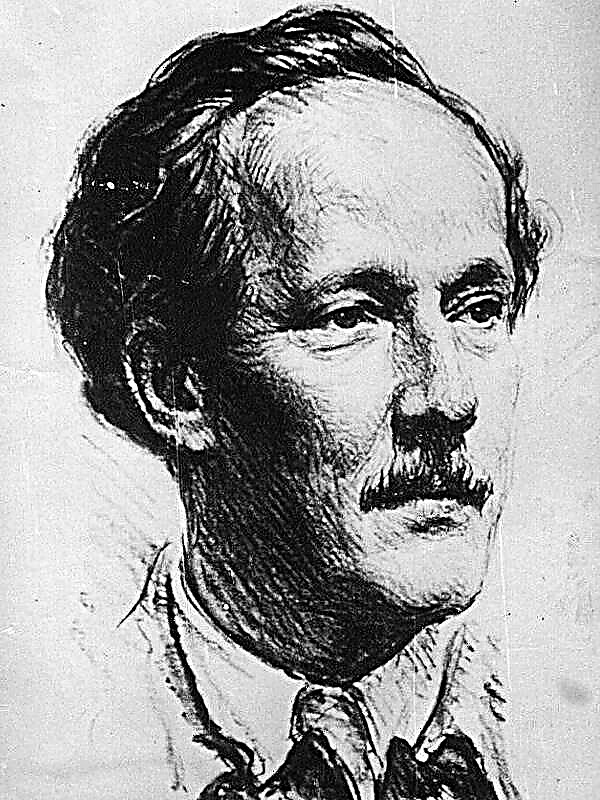
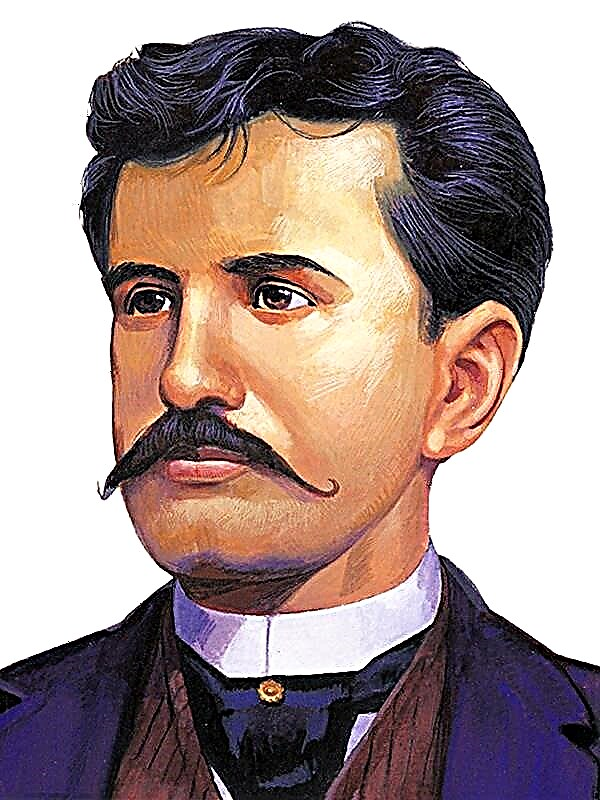
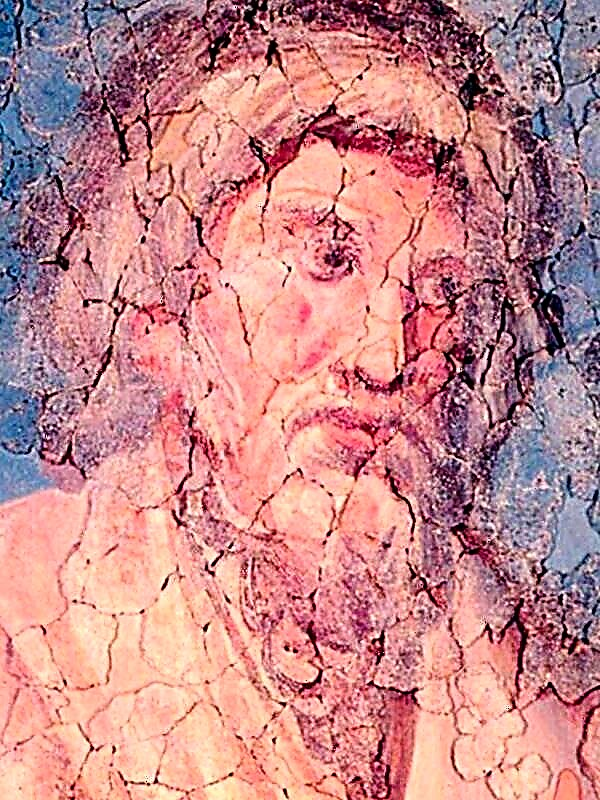 Metamorphoses
Metamorphoses
